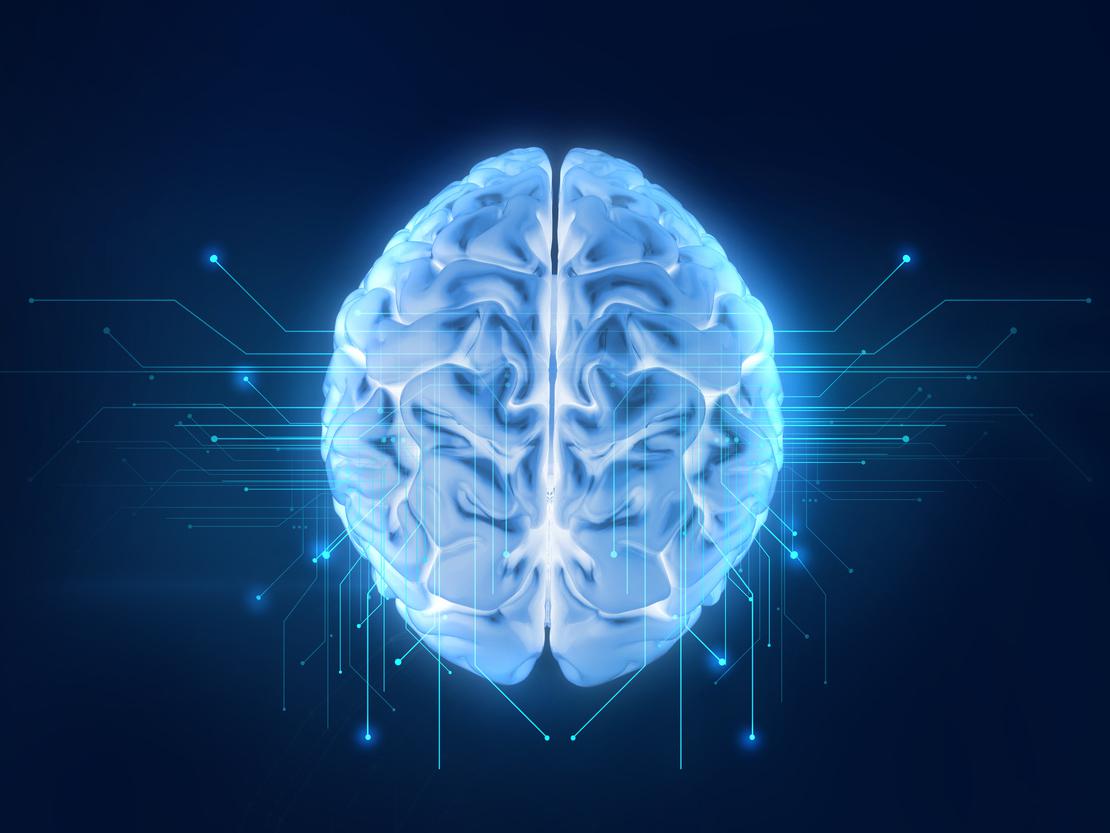What Drives Some People To Take Personal Risks To Help Strangers?
Acts of altruism — like saving swimmers caught in a riptide from drowning or donating a kidney to a stranger — are among the thorniest puzzles of human nature, says guest blogger Abigail Marsh.
by Abigail Marsh
Oct 10, 2017
4 minutes

This summer, Florida beachgoers watched in astonishment as more than 70 strangers spontaneously formed a human chain that extended out into the whorls of a vicious riptide.
Together they rescued 10 swimmers from drowning, including two young boys, their parents, and their grandmother. Among the rescuers was Jessica Simmons, 29, who, upon hearing the swimmers' screams, told herself, as she later recalled to the Panama City News Herald: "These people are not drowning today... It's not happening. We're going to get them out."
And they did. With her husband Derek, Simmons swam out to the end of the human chain, then
You’re reading a preview, subscribe to read more.
Start your free 30 days





